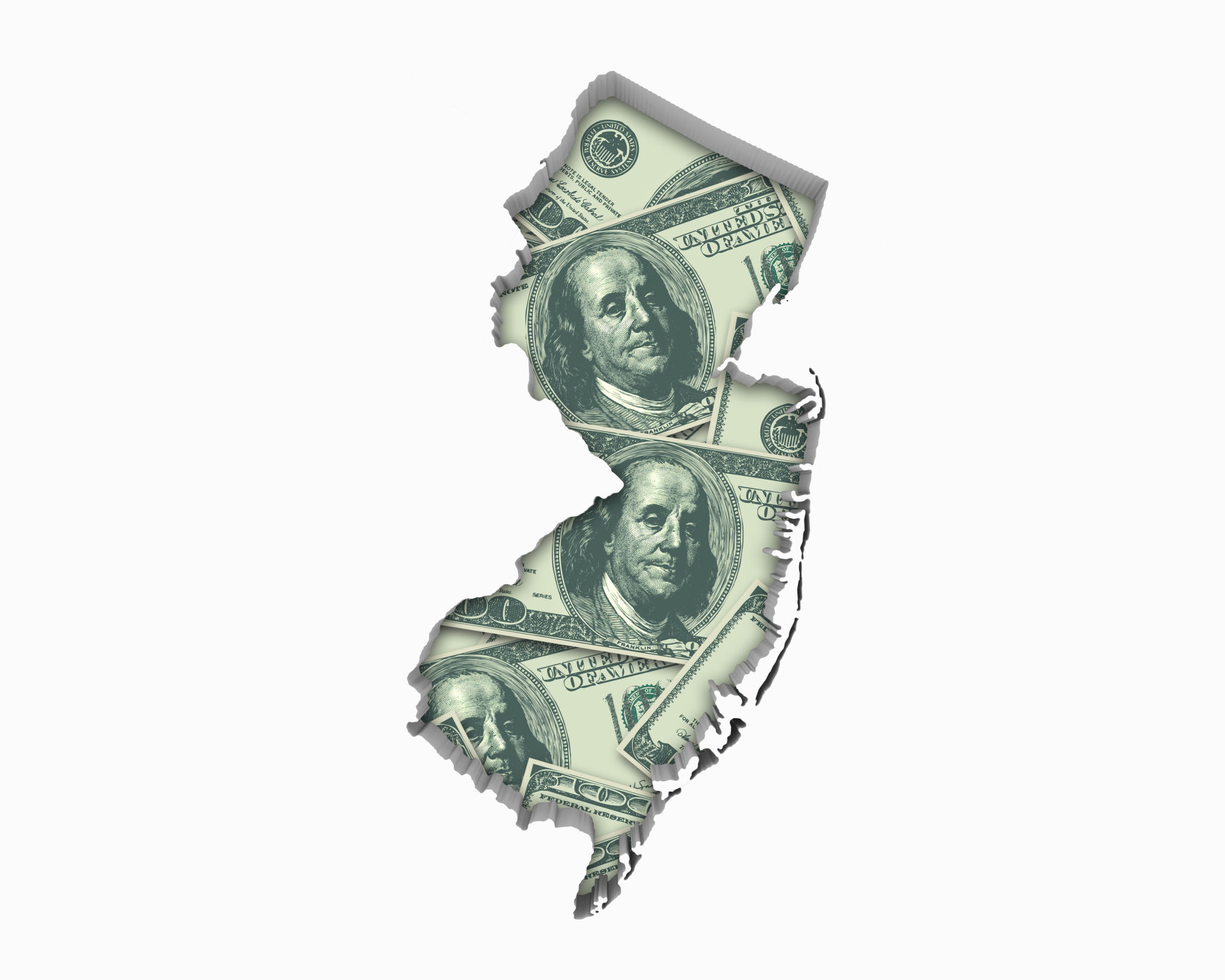Seasonal Tax Planning Tips: Preparing for Year-End in New Jersey
GD
Understanding New Jersey Tax Regulations
As the end of the year approaches, it's crucial for New Jersey residents to prepare for tax season by understanding the state's specific tax regulations. New Jersey has its own set of rules and rates, which can differ from federal tax laws, so staying informed is essential.
One key aspect to consider is the state's progressive income tax rates, which range from 1.4% to 10.75% depending on your income bracket. Ensuring you are aware of where you fall on this scale can help you plan your finances more effectively.

Reviewing Your Current Financial Situation
Before diving into strategies, it's important to review your current financial situation. Gather all necessary documents such as pay stubs, investment statements, and any other income records. This will provide a clear picture of your financial standing and help identify areas that need attention.
Consider any major life changes that could affect your taxes, such as marriage, divorce, or the birth of a child. These events can have significant tax implications, so it's imperative to account for them in your planning process.

Maximizing Deductions and Credits
One of the most effective ways to reduce your tax liability is by maximizing deductions and credits. New Jersey offers several options, including property tax deductions and credits for certain retirement contributions. Be sure to explore these opportunities to minimize your taxable income.
- Property Tax Deduction: Up to $15,000 for eligible homeowners.
- Saver's Credit: For contributions to retirement accounts.
Strategizing Charitable Contributions
Charitable contributions can also provide significant tax benefits. By donating to qualified organizations, you can potentially reduce your taxable income. Ensure you keep detailed records of your donations, as this documentation will be necessary when filing your tax return.
The end of the year is an optimal time to make these contributions, as they can help reduce your taxable income for the current year while supporting causes you care about.

Planning for Retirement Contributions
Consider maximizing your contributions to retirement accounts such as 401(k)s or IRAs. These contributions can lower your taxable income, and in some cases, qualify you for additional tax credits. New Jersey offers specific incentives for retirement savings, making this an excellent time to boost your retirement fund.
Review the contribution limits for the year, and if possible, aim to reach the maximum allowable amount to take full advantage of these tax benefits.
Consulting with a Tax Professional
While it's possible to handle tax planning on your own, consulting with a tax professional can provide valuable insights and strategies tailored to your unique situation. Professionals can help identify potential deductions and credits you may have overlooked, ensuring you maximize your tax savings.
They can also offer guidance on navigating complex tax laws and regulations, making the process more manageable and less stressful.

Final Steps and Filing
As the year draws to a close, ensure that all your financial documents are organized and ready for filing. This includes W-2s, 1099s, and receipts for any deductible expenses. Being well-prepared will make the filing process smoother and help prevent any last-minute surprises.
Remember that New Jersey's tax filing deadline typically aligns with the federal deadline, so mark your calendar to avoid any late fees or penalties.
